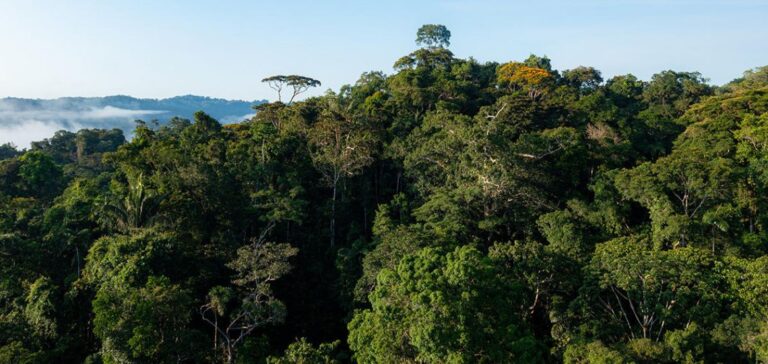Spanish energy company Iberdrola has ventured into the voluntary carbon market by launching Carbon2Nature (C2N), a new company focused on nature-based solutions, it said on August 14.
Carbon2Nature launches voluntary carbon credit initiatives focused on biodiversity and ecosystem restoration
C2N will offer high-quality carbon credits for in-house or collaborative projects that enhance biodiversity, conservation and nature restoration. The initiative aims to capture more than 61 million tonnes of CO2 by promoting projects that conserve and restore ecosystems on more than 100,000 hectares, including forests, coastal ecosystems and agricultural soils, according to the release.
The company will focus on countries where Iberdrola is active. 80% of C2N projects will be based in Latin American countries such as Brazil, Mexico, Colombia, Peru and Chile, while the remaining 20% will be located in the northern hemisphere, such as Spain, the UK and Portugal. Carbon2Nature is already developing projects in Brazil, Mexico, Colombia, Chile and Spain.
“We come to this new market with humility and a desire to do things differently, bringing all of Iberdrola’s experience in sustainable development to the world of nature-based solutions and carbon credit generation,” said Miguel Ángel García Tamargo, director of Carbon2Nature.
Iberdrola, which focuses on electricity utilities and renewable energies, aims to achieve zero net emissions by 2040.
Nature-based carbon credits: between growing popularity and credibility challenges in voluntary markets
This situation arises at a time when many countries and companies are investing in nature, forests, woodlands, etc. to boost financing for the fight against climate change and generate carbon offsets. Nature-based solutions that help remove carbon dioxide from the atmosphere and stop emissions from degraded natural sites and agricultural land have gained in popularity in recent years.
Voluntary carbon markets currently face credibility issues. The effectiveness of some carbon credits, particularly nature-based offsets, has recently come under criticism from the media and academics, who question whether the programs represent genuine carbon reductions.
This scrutiny has had a major impact on prices and demand for nature-based carbon offsets. Platts, part of S&P Global Commodity Insights, evaluates a wide range of high-quality voluntary carbon credits that finance projects demonstrating additionality, permanence, exclusivity and co-benefits. Platts’ CNC valuation – which reflects the most competitive prices for nature-based carbon credits – reached $2.60/MtCO2e on August 11, up from the record level of $1/MtCO2e reached on May 29. S&P Global data show that the average Platts CNC price in 2022 is $9.55/MtC02e.






















